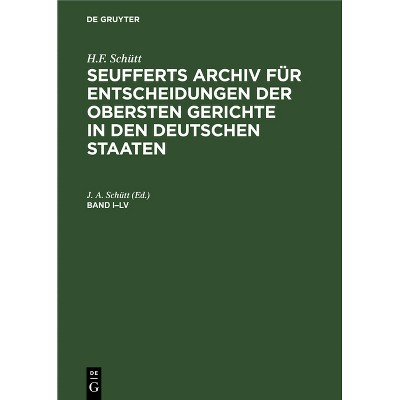Sponsored

Racializing Caste - (Veröffentlichungen Des Deutschen Historischen Instituts Lond) by Thiago P Barbosa (Hardcover)
In Stock
Sponsored
About this item
Highlights
- The book analyses how racial knowledge has circulated in transnational entanglements, particularly between Germany and India, into the research on human variation in India, racializing the understanding of caste and ethnicity.
- About the Author: Thiago P. Barbosa, University of Leipzig, Germany.
- 260 Pages
- History, Europe
- Series Name: Veröffentlichungen Des Deutschen Historischen Instituts Lond
Description
About the Book
The book is a historical and ethnographic analysis on the legacy of "race" in anthropological and genetics research on caste in India, focusing on Irawati Karve (1905-1970), a prominent Indian anthropologist trained in a German school of biologicalBook Synopsis
The book analyses how racial knowledge has circulated in transnational entanglements, particularly between Germany and India, into the research on human variation in India, racializing the understanding of caste and ethnicity. It focuses on the legacy of Irawati Karve (1905-1970), a Indian anthropologist trained at the Kaiser Wilhelm Institute for Anthropology, Eugenics, and Human Heredity in Berlin, Germany (1927-1930) and a prominent scientist in post-colonial India. Besides a historical analysis of Karve's adaptation of racial approaches to the study of Indian castes, the book applies material-semiotic and ethnographic lenses to examine how her work is taken up today in anthropology and population genetics. By showing how transnational and transcolonial entanglements in race science shape knowledge on human diversity in India, the book offers novel insights to discussions in anthropology, STS, and global history, including the racialization of difference, colonial legacies, and post-colonial sovereignty in science. It contributes to a better understanding of the co-constitution of politics and sciences of human diversity and it argues for a closer attention to inequalities as a way to de-link from the legacies of scientific racism.
About the Author
Thiago P. Barbosa, University of Leipzig, Germany.Shipping details
Return details
Frequently bought together

Trending Non-Fiction
















